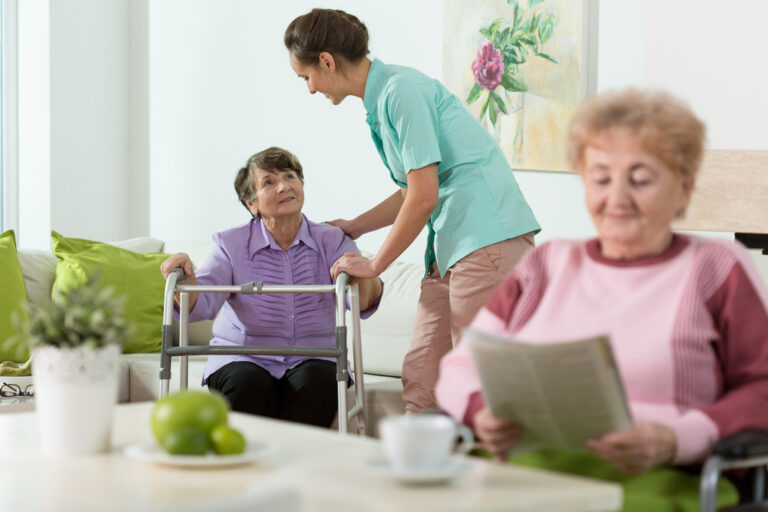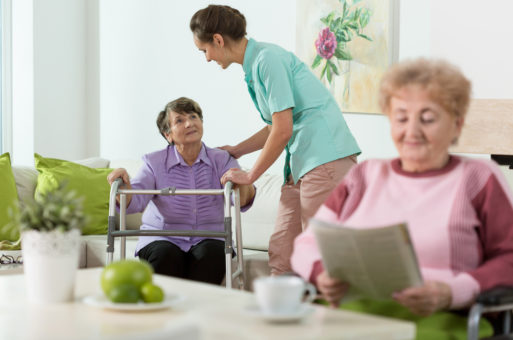This is an easy time for no one. The coronavirus pandemic has completely changed life, as we know it. We’re living in unprecedented times when staying at home, self-isolation and social distancing are the new norm. Our current situation is especially troublesome for elderly individuals. They are reported to be the most at-risk when it comes to COVID-19. As a result, caregivers of older adults must now prioritize elder care with added intensity.
Be open and honest.
Your elderly loved one, quite obviously, is an adult. There’s no need to baby him/her. We’re all living in a never-before-seen situation. It’s only fair that you remain open and honest about the current goings-on of the world. Needless to suggest, use tact and be sensitive. Include your older family member in family discussions and ensure that everyone in the household is on board with the best practices for keeping safe.
“If you can, involve your older family member in discussions of how you’ll manage interruptions of routines and what will happen if they (or someone else in your family) becomes sick,” encourages Dr. Alicia Arbaje of Johns Hopkins Medicine, “Talking things through ahead of time as a family can reduce stress and help everyone feel more involved and prepared.”
Create new daily routines.
Caring for an elderly adult during the COVID-19 crisis requires much more than attention to his/her physical well-being. Make no mistake that the mental and emotional health of a senior is just as important. We’re all facing tough times right now. But, as you know, older adults are particularly at risk when it comes to contracting an infection. Their need to self-isolate is mandatory. And this can be tough on the psyche.
“Self-isolating can be a fun adventure for the first couple of days, but cabin fever is a real possibility,” notes Sara Zeff Geber on Forbes.com, “To combat this oppressive potential, work together to set up a routine. For example, you can set up a time to call every day, and get them a box set of a great drama to fill their days. It’ll be a change, and no matter how well it’s handled, it could be upsetting for anyone told to stay indoors for weeks on end.”
Plan for emergency situations.
No one wants to experience a worst-case scenario. But worse than experiencing a worst-case scenario is doing so unprepared. Preparing for the worst involves having a list of emergency numbers prominently displayed in the home. It also means having another family member or a friend ready and willing to help out if and when necessary. As well, it includes stocking up on medications and food.
“If you’re the main caregiver, designate someone nearby whom you could rely on to care for your elderly family member if you yourself become ill,” advises Dr. Arbaje, “Gather one to three months of medications, and at least two weeks’ worth of food, over-the-counter remedies, pet supplies, and other essentials. Find out which delivery services are available in your area.”
At LifeCare Mobility Solutions, we’re committed to helping you contend with COVID-19. If you have any questions about our mobility solutions and home healthcare products, please don’t hesitate to call us at 416-267-9800 or email us at info@lifecaremobility.ca. You may also contact us by filling out the form on our Contact page!











